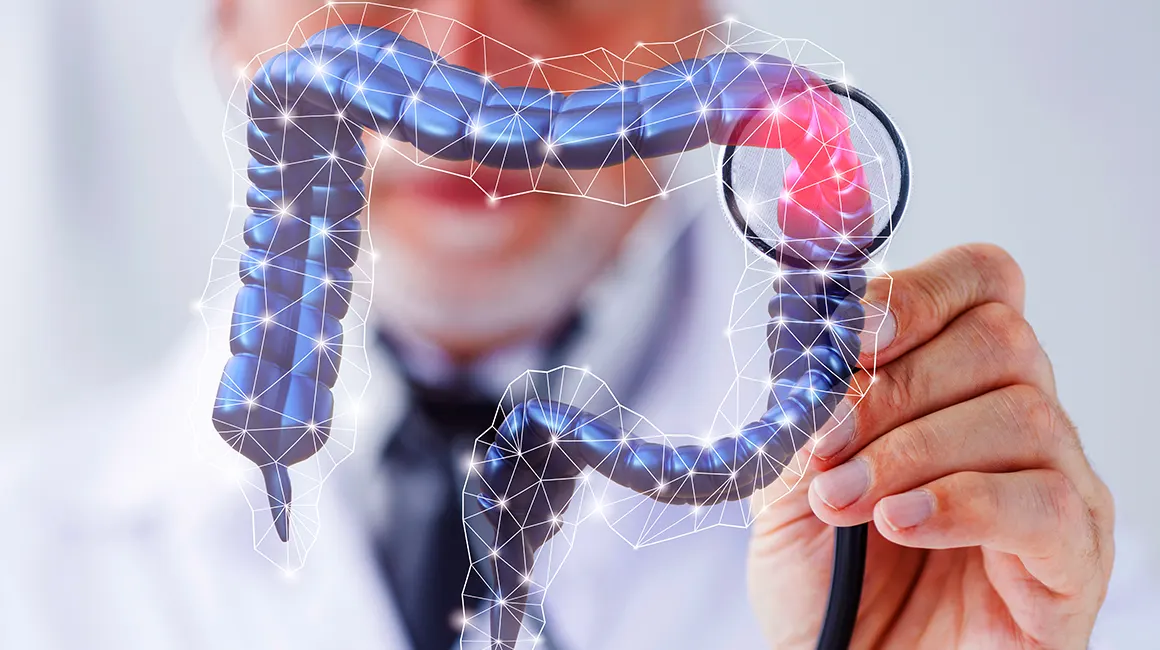Gastroenterology Clinic

Gastroenterology Clinic
Gastroenterology is the medical specialty focused on the diagnosis, treatment, and management of disorders and diseases affecting the digestive system, which includes the esophagus, stomach, small intestine, colon (large intestine), rectum, pancreas, liver, gallbladder, and bile ducts. Physicians specializing in gastroenterology are called gastroenterologists.
Gastroenterologists diagnose and treat a wide range of gastrointestinal (GI) conditions, including:
- Gastroesophageal reflux disease (GERD): A condition characterized by frequent heartburn, acid reflux, and inflammation of the esophagus.
- Peptic ulcers: Open sores that develop on the lining of the stomach, small intestine, or esophagus due to factors such as infection with Helicobacter pylori bacteria or long-term use of nonsteroidal anti-inflammatory drugs (NSAIDs).
- Inflammatory bowel disease (IBD): Chronic inflammatory conditions of the digestive tract, including Crohn’s disease and ulcerative colitis, which cause symptoms such as abdominal pain, diarrhea, rectal bleeding, and weight loss.
- Irritable bowel syndrome (IBS): A functional gastrointestinal disorder characterized by abdominal pain, bloating, and changes in bowel habits without evidence of structural or biochemical abnormalities.
- Gastrointestinal bleeding is bleeding within the digestive tract, manifesting as visible blood in the stool, black tarry stools (melena), or vomiting blood (hematemesis).
- Liver diseases: Gastroenterologists diagnose and manage various liver disorders, including viral hepatitis (such as hepatitis B and C), fatty liver disease, cirrhosis, liver cancer, and autoimmune liver diseases.
- Pancreatic disorders: Conditions affecting the pancreas, such as pancreatitis (inflammation of the pancreas), pancreatic cancer, cystic fibrosis-related pancreatic insufficiency, and pancreatic enzyme deficiencies.
- Gallbladder and biliary tract diseases: Gastroenterologists diagnose and treat conditions such as gallstones, biliary colic, cholecystitis (gallbladder inflammation), and biliary tract obstruction.
Gastroenterologists use a variety of diagnostic tools and procedures to assess and manage gastrointestinal conditions, including endoscopy (such as upper endoscopy and colonoscopy), imaging studies (such as ultrasound, CT scans, and MRI), laboratory tests, and specialized procedures for therapeutic interventions (such as endoscopic retrograde cholangiopancreatography – ERCP).
Treatment approaches may involve lifestyle modifications, medications, dietary changes, minimally invasive procedures, and, in some cases, surgery to address gastrointestinal disorders and improve patients’ quality of life.
Investigations
- Colonoscopy – $105
- Gastroscopy – $225
- Allergy testing – $335
- Colonoscopy – $635
- Gastroscopy – $295
- Allergy testing – $355
Treatments
- Colonoscopy – $105
- Gastroscopy – $225
- Allergy testing – $335
- Colonoscopy – $635
- Gastroscopy – $295
- Allergy testing – $355
Our Services
- Colonoscopy – $105
- Gastroscopy – $225
- Allergy testing – $335
- Colonoscopy – $635
- Gastroscopy – $295
- Allergy testing – $355

